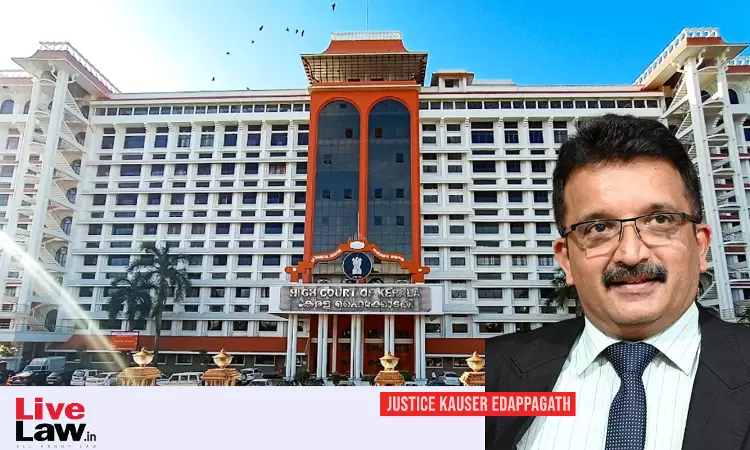'Consensual Relationship, Promise To Marry Was Not False': Kerala High Court Quashes Rape Case
Navya Benny
18 Jan 2023 3:00 PM IST

Next Story
18 Jan 2023 3:00 PM IST
The Kerala High Court on Tuesday quashed rape case against a 31-year-old man, observing that he and the complainant were in a consensual relationship and his promise to marry her was not with an intention to deceive her.The accused and the complainant had worked together in the Malayalam Serial, 'Akashadooth'. The case registered in 2017 under Sections 417, 354 A, 354B and 376 of IPC alleged...
